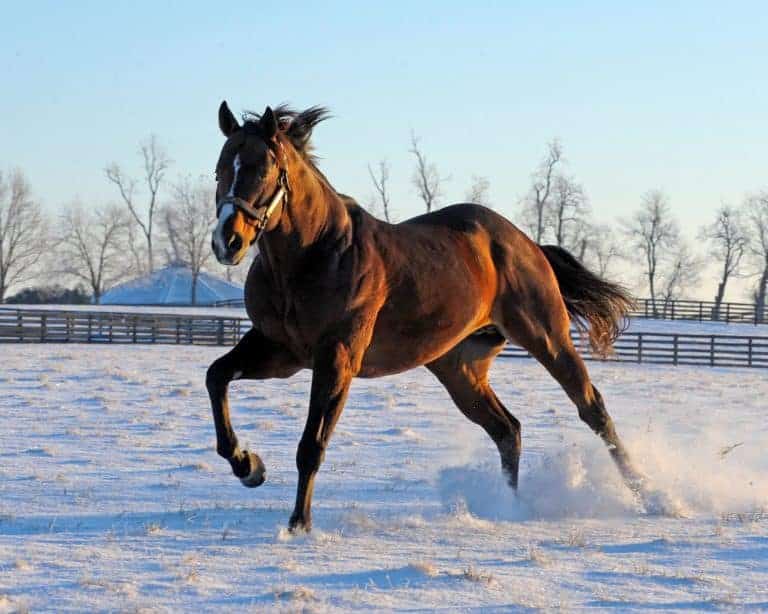Equine Navicular Disease
The navicular bone, a small, boat-shaped bone nestled deep in the protective womb of the hoof, only measures approximately 6 cm wide and 2 cm deep (top to bottom) in an average 1,200-pound horse, so how can such a small bone be such a nuisance? Part of the problem is that, despite its cushy abode and small stature, the navicular bone has a big job.












